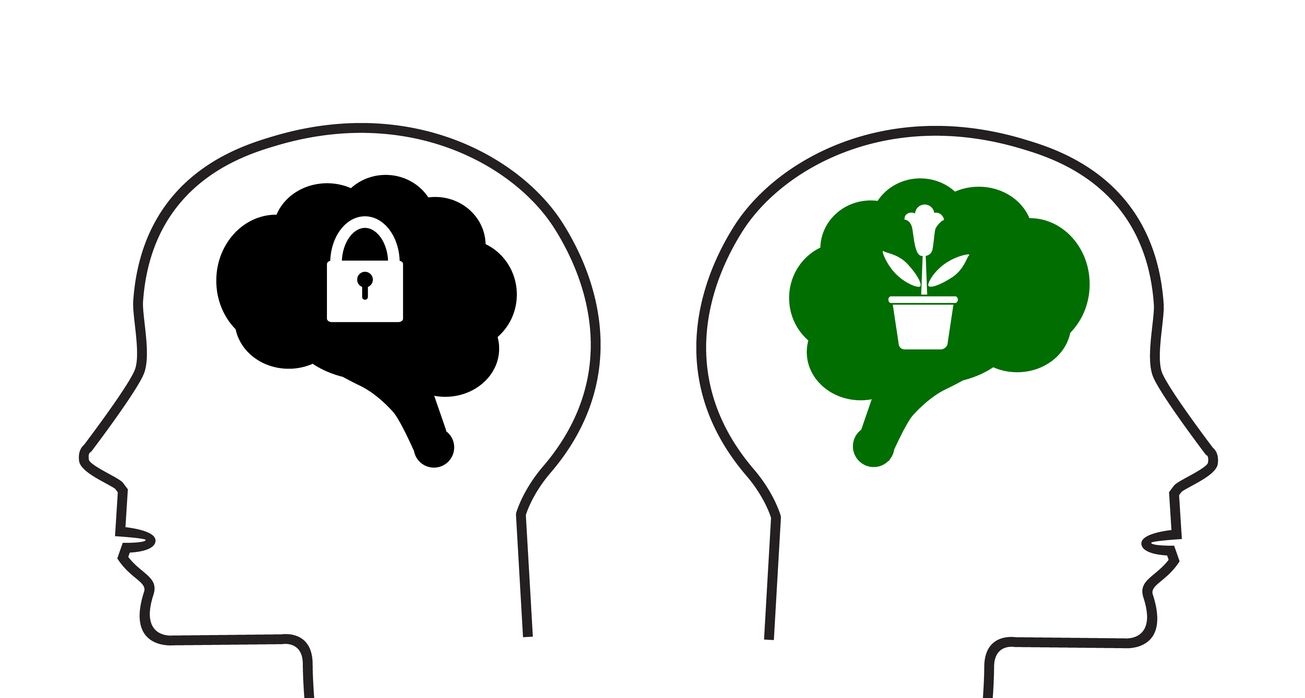I just finished reading a book called Mindset (published in 2006: http://amzn.to/2pGZ3hJ )
The author, Carol Dweck, was a researcher studying how young school children handle failures. She gave children easy puzzles and noticed how they handled their resulting successes.
Then she gave them puzzles that were much too difficult for them. Sure enough, some children handled their failures gracefully; others did not.
Surprise!
But there was a third group she wasn’t expecting: some children asked for more puzzles they could fail at!
These children, to her surprise, saw failure as a road to learning. In order to get smarter, they wanted more challenges that were too difficult for them.
Two Mindsets
In other words, these “want more failure” children had what she called a “growth mindset.” They believed that their smartness could grow as a result of grappling with problems that they could not solve readily.
But other children actually believed that their smartness, their intelligence, was innate and could not be changed through experience. So there was no point in trying things that would cause you to fail. They had a “fixed mindset.”
Intelligence Quotient?
Among the many fascinating revelations in Mindset, Dweck mentions an early advocate of the growth mindset, Alfred Binet. This surprised me because Binet is most widely known as the inventor of the IQ test—a test which has been promoted as a measure of a person’s innate, unchangeable abilities.
In Dweck’s words, though, “Binet...designed this test to identify children who were not profiting from the Paris public schools, so that new educational programs could be designed to get them back on track.”
That raises a question. How how did Binet's work, which was based on the growth mindset, become coopted in the United States and elsewhere to fortify the fixed mindset?
In other words, are there forces in our society that prefer the fixed mindset? That advocate for it?
Factories...
Could it actually be true that something in our society would push us toward this fixed mindset, which actually keeps us from learning?
When I asked myself that question, I remembered a book I had read decades ago, The Irony of Early School Reform, by Michael B. Katz. This 1968 book looks at a handful of public debates about education in the mid-1800’s, a time when industrialization was changing the society of the U.S.
As I remember Katz’s book, it concluded that many who argued for free public schooling did so on the basis of preparing youth to work in factories.
…And Schools
Unlike farmers and skilled craft-workers, factory line workers need to show up at a precise time and to measure out their lives based on the clock. They also need to learn to tolerate mindlessly repetitive tasks.
But factories also need overseers. Therefore, schools could also be expected to teach a smaller number of students to supervise the line workers. In school, they would learn the value of obeying authority without question, while also learning the literacy and numeracy that will be required of them as managers.
Regardless of which students were to be identified as line workers and which as managers, schools can serve to separate students into two groups supposedly born with different, unchanging abilities.
An apparently fair division of labor
If schools can identify people as having abilities that are unchanging, then it provides the students 12 years of adjusting to the idea that their economic role in society is based on something inherent in them.
As a result, they won’t likely see their division into line workers and managers as arbitrarily unfair, but rather a result of their innate abilities - or the lack of those abilities - that determine their role in society.
If this understanding of school is even partially true, it is a tragedy. It needs to be stopped!
A role for storytelling?
The key question for storytellers is this:
Can storytelling help end that tragedy? Can it help stop the spread of the fixed mindset, which makes people believe that their abilities are not developed over time, but are inherent and therefore cannot be changed by effort and education?
A call to spread the growth mindset
I believe that storytelling is an excellent way to give people experiences of the growth mindset.
Fortunately, it’s clear to many of us storytellers that:
- Every human is capable of learning storytelling.
- At the same time, many people feel that storytelling is an innate talent.
Given both of those attitudes, storytelling can serve as a powerful vehicle for a revolutionary message: no matter how much you may have been told that you couldn’t learn storytelling, you can!
A call to become even better story-teachers
To be convincing as we spread the message that all humans can learn storytelling, we need to become even better at teaching storytelling. We need to become experts at helping people experience the growth mindset through storytelling.
As a result, we need to:
- Be clear that the potential to learn storytelling is universal; and
- Learn specific ways to help people engage with storytelling, to have opportunities to fail at first and then to learn from their failures how to reach ever higher levels of success.
What do you think?
Do you accept or reject my premise about forces in our society preferring the fixed mindset?
If you accept that, what ways have you learned to help people succeed at storytelling?
What ways have you learned to help people attempt tasks at which they will fail at first—and then, with help and effort, be given the opportunity to ultimately succeed?

